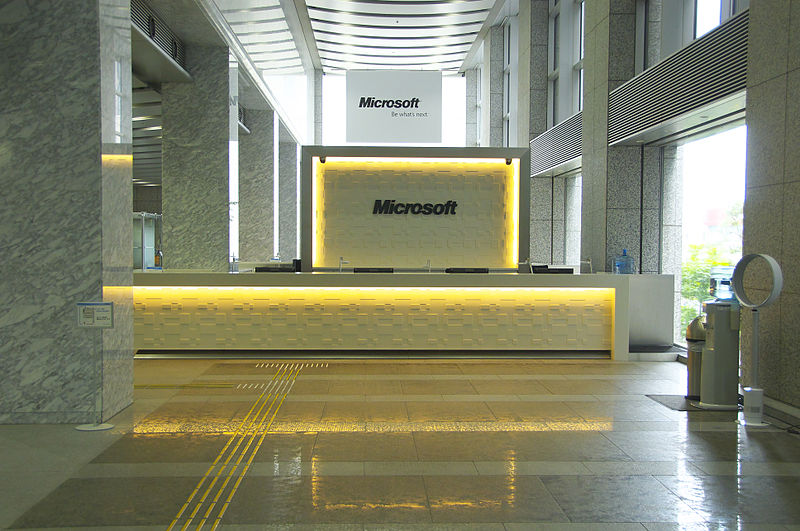
Japan is considered one of the worst countries in terms of the balance between work and leisure. According to the level of people's satisfaction with their work, according to the polls, she has the worst results in the world (6.1 points). For comparison, Russia has 6.8, in the USA - 7.7, even in China 7.1. This is a huge and widely known problem. The employee is expected to work while his boss stays in the office, and meetings are often held after hours. Even after work, the employee is expected to go to a cafe with his colleagues, where a small teambuilding session for beer or sake will take place.
But even in Japan, some companies go the other way. They reduce the burden on employees by checking which result will be achieved. Three months ago, such a test was conducted by Microsoft Japan, the Japanese division of Microsoft. As part of its Work-Life Choice Challenge 2019 project, within one month in August, the company introduced a four-day work week for 2,300 of its employees. They added Friday to the standard weekend. Microsoft office workers worked only four days, from Monday to Thursday.
Such “extended weekends” had no effect on wages or the length of the vacation. Employees simply reduced their working days by 20%. The results were much higher than expected. The Japanese department of Microsoft introduced them a few days ago, comparing it with data for August-2016, August-2017 and August-2018, when such experiments were not carried out (for some statistics, April-June 2019 were also taken into account).

For starters, the number of sick leave has sharply decreased. At their request, employees took 25.4% less time off. 58.7% fewer paper pages were printed. Electricity consumption in the office fell by 23.1%. All this helped the company to save very well this month.
But most importantly, labor productivity increased by 39.9%. Although employees spent less time in the office, in fact, the amount of work they had time to do increased.
This unexpected increase in productivity is partly attributed to a decrease in the number of meetings. When, in order to have time to do everything, there were only four days left, many gliders were cut or reduced, some were transferred online. It was not necessary to gather, wait for everyone, leave the workplace. Earlier, a similar concept was implemented by Jeff Bezos. He banned presentations at business meetings, resulting in Amazon's work efficiency growth of 25%.
Well, it is equally important to note that even in Japan, known for its workaholism, 92.1% of employees at the end of the experiment said that they would prefer a four-day work week. As a result of the success of the project this year, Microsoft says it plans to repeat it next summer - perhaps with a weekend on Wednesday instead of Friday. It also discusses the extension of this mode of operation to other months.
